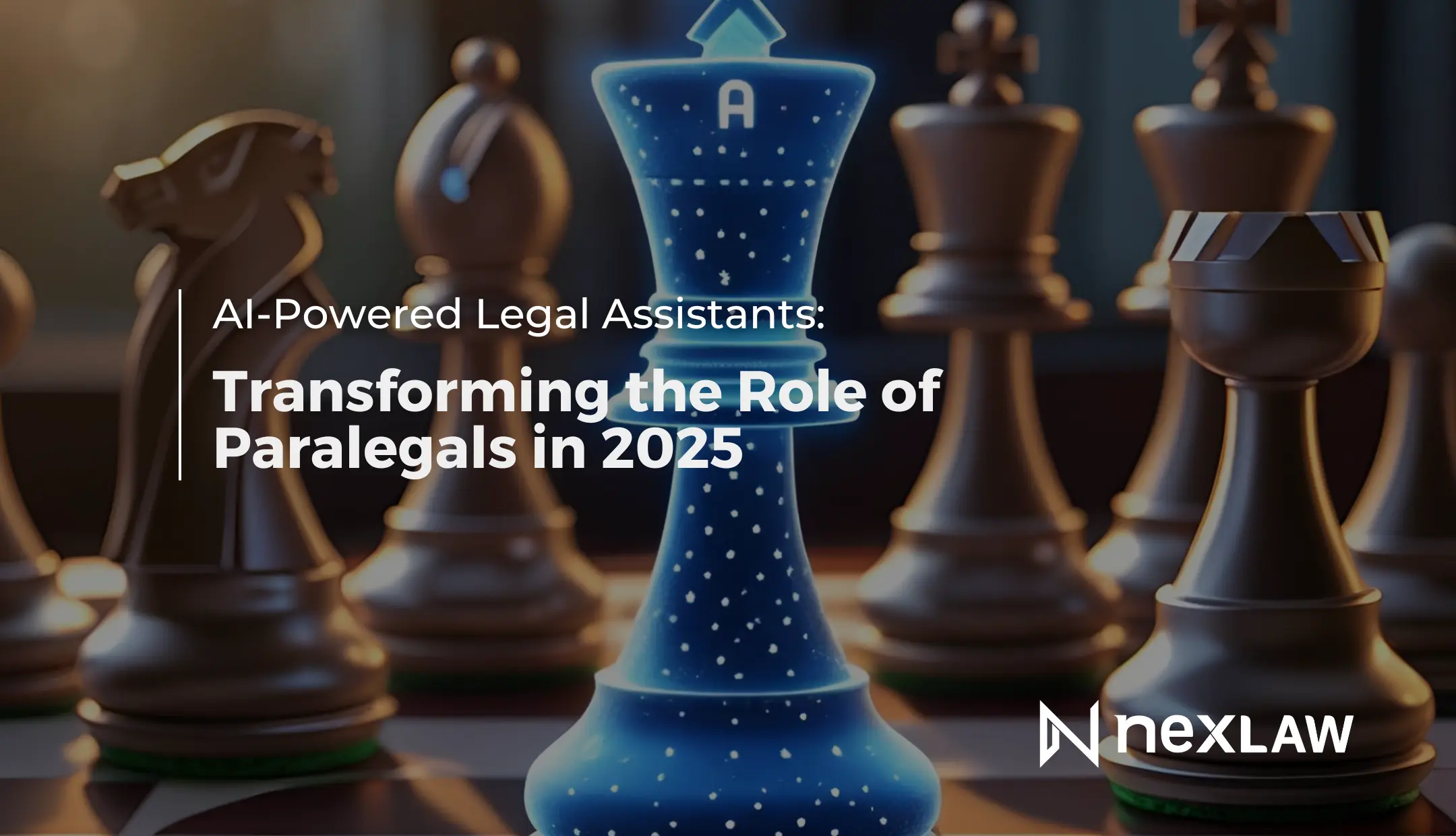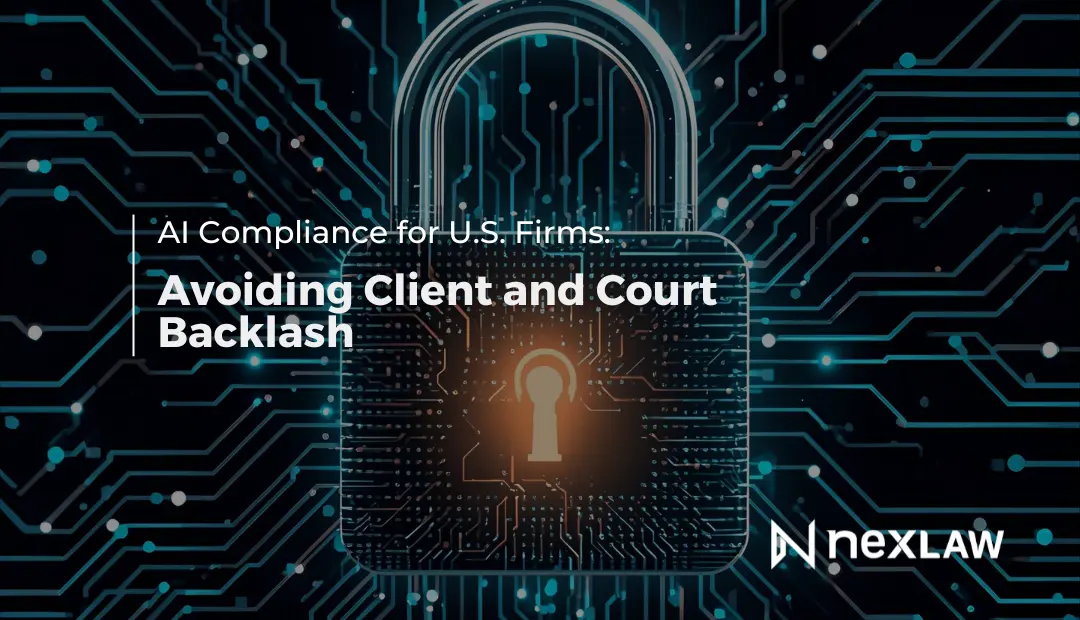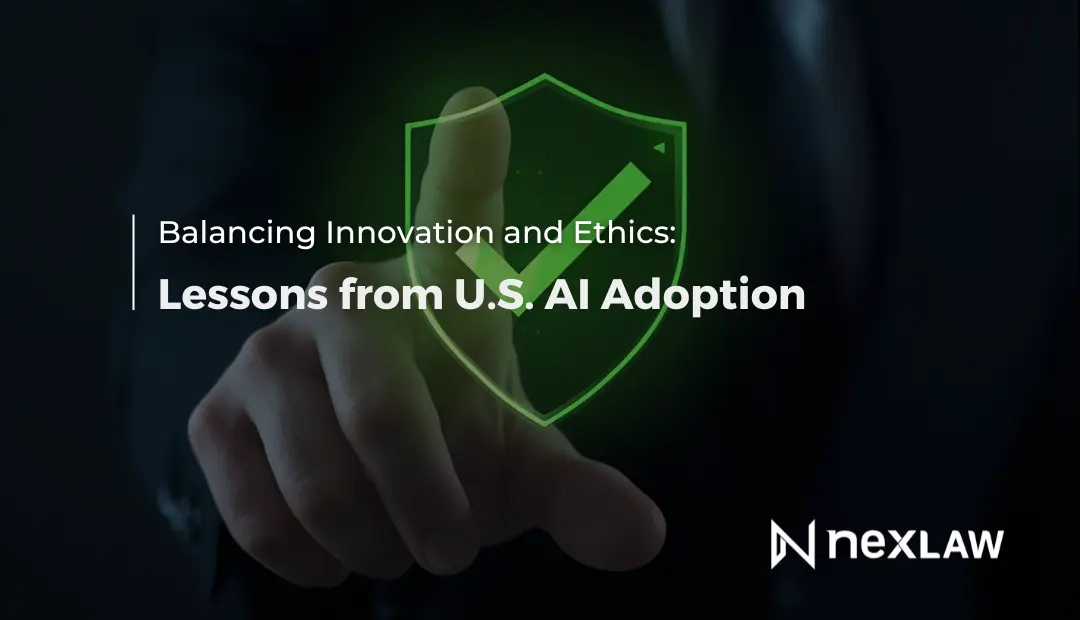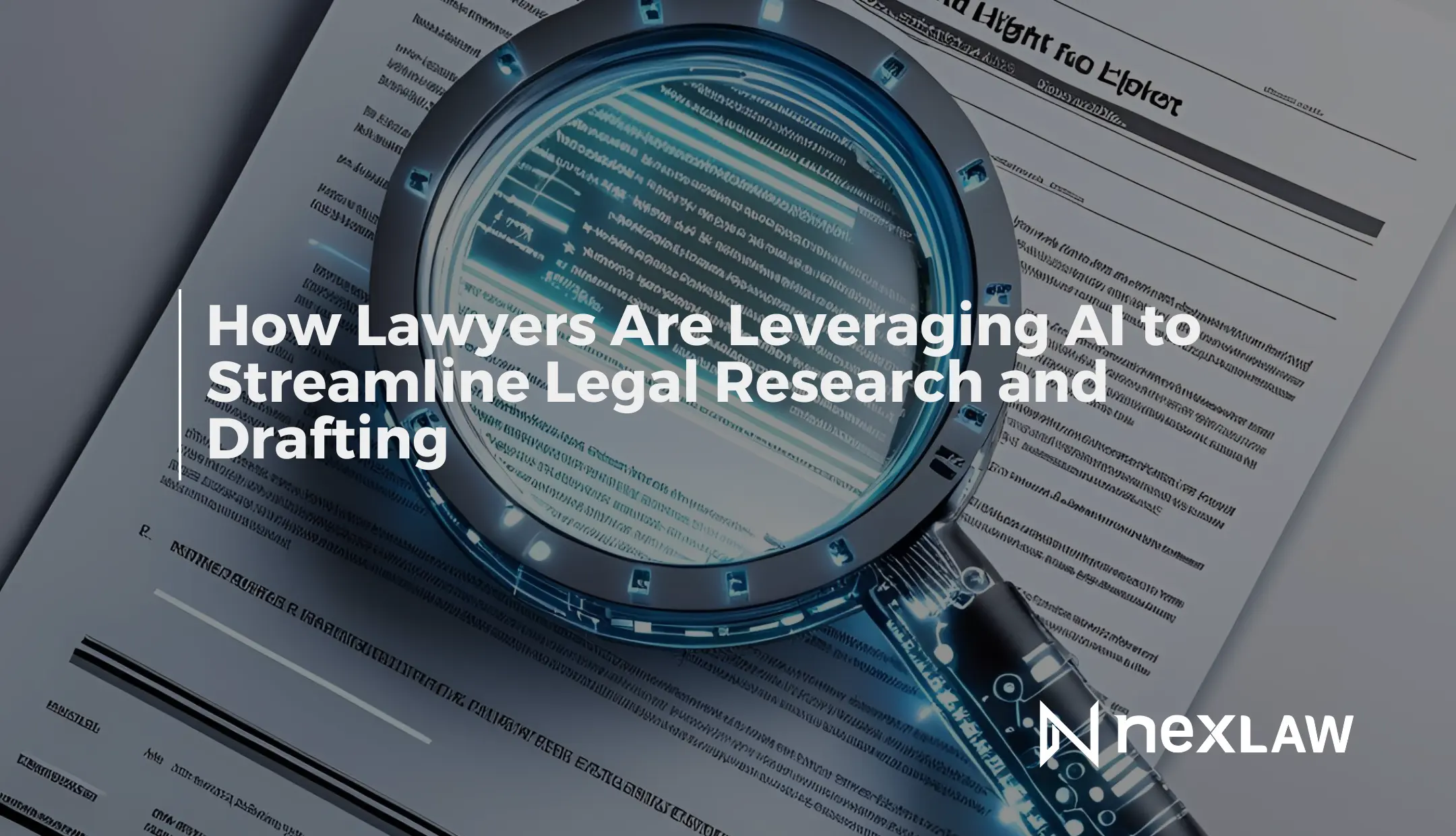AI-Powered Legal Assistants: Transforming the Role of Paralegals in 2026
The Shift from Support to Strategy
Paralegals have always been the backbone of legal teams, known for their ability to manage documents, support litigation, and keep complex cases on track. In 2026, that role is undergoing a massive transformation thanks to the rise of AI-powered legal assistants. These tools are not just changing how paralegals work; they’re redefining what it means to be a legal support professional.
Unlock Legal Insights Instantly!
Traditionally, paralegals spent hours on repetitive, time-intensive tasks such as document review, basic legal research, data entry, and organizing case files. With the arrival of artificial intelligence in legal tech, these foundational tasks are being streamlined, if not completely automated. This allows paralegals to shift their focus toward more analytical, strategic, and high-impact work.
What Can AI Really Do for Paralegals?
AI tools in 2026 are far more advanced than keyword search engines or simple document filters. They use machine learning and natural language processing to:
- Analyze thousands of documents in seconds to flag relevant ones
- Summarize key arguments from court filings or deposition transcripts
- Organize and tag evidence by issue, timeline, or party
- Identify gaps in discovery or conflicting testimony
- Generate first-draft memos or filings using structured inputs
At NexLaw, tools like NeXa are trained to recognize legal language patterns, cite relevant statutes, and even suggest follow-up questions or tasks based on the document type. This turns paralegals into powerful analysts who can quickly find and contextualize information for attorneys.
The Efficiency Multiplier: How AI Saves Time and Reduces Errors
Using AI to assist with everyday paralegal tasks dramatically improves efficiency. According to the 2024 ABA Legal Technology Survey Report, over 43% of legal professionals using AI reported substantial time savings, particularly in document review, research, and task management.
Internal case studies from leading firms published in the 2026 Clio Legal Trends Report showed that law firms adopting AI tools reduced time spent on drafting by nearly 40%, allowing staff to handle more clients without increasing headcount.
With TrialPrep, paralegals can convert extracted data into structured outlines and chronological summaries that are ready for attorney review. That means less time formatting and more time refining arguments and cross-referencing facts.
This kind of productivity also reduces firm-wide costs and improves overall responsiveness, especially in high-volume litigation practices.
Why This Matters in a Competitive Legal Market
In the post-COVID legal environment, firms are under pressure to do more with less. Clients demand faster turnaround times, tighter budgets, and better outcomes. AI gives paralegals the edge to meet those demands while reducing attorney burnout.
The firms leading the market in 2026 are the ones that understand how to build tech-empowered legal teams. Paralegals are no longer just “support” staff. They are becoming case builders, data interpreters, and workflow specialists.
Skills That Set the Modern Paralegal Apart
Paralegals who embrace AI are learning to:
- Evaluate the quality of AI-generated insights
- Combine AI output with human reasoning and experience
- Interpret analytics from platforms like NeXa and ChronoVault2.0
- Organize trial materials using predictive tagging and data visualization
These skills are highly sought after by firms investing in legal innovation. Training in AI platforms is becoming as essential as legal writing and case management.
Case Study Example: Using AI in Real Litigation Support
In one NexLaw client case, a paralegal team used NeXa to review over 8,000 documents for relevance in a commercial dispute. With traditional methods, this would have taken 3 weeks. With NeXa, it was done in 4 days, with a higher accuracy rate in identifying privileged documents.
They then used ChronoVault2.0 to organize key events across five years of emails, contracts, and deposition testimony. The result? A cohesive case timeline and strategy memo delivered to the trial team 10 days ahead of schedule.
AI as a Career Accelerator, Not a Threat
There’s often fear that AI will replace legal support staff. But 2026 is showing the opposite: AI is empowering paralegals to expand their roles and move up. Many are being promoted into roles that blend law, technology, and project management. Others are becoming internal trainers on legal tech adoption.
The more value a paralegal can generate through technology, the more indispensable they become.
Final Takeaway: AI Is Empowering a New Era of Paralegal Excellence
AI is not replacing paralegals; it’s expanding their strategic value. By automating repetitive tasks and delivering actionable insights, AI tools are enabling legal support professionals to contribute meaningfully to case strategy and client success.
NexLaw AI delivers this transformation through:
- NeXa – An intelligent assistant for legal research, document analysis, and task execution
- TrialPrep – A litigation-focused tool for issue mapping, case timelines, and strategic trial preparation
- ChronoVault2.0 – More than storage: now fully integrated with NeXa and TrialPrep, it allows users to analyze documents, build arguments, conduct legal research, and prepare for trial—without leaving the platform
Firms that equip their teams with integrated AI workflows will lead in both productivity and performance.
Start your free trial of NexLaw AI today.
Get 15% off annual plans using promo code: ANNIV15MONTHLY or ANNIV15ANNUALY. Offer valid through August 31, 2026. Terms apply.










